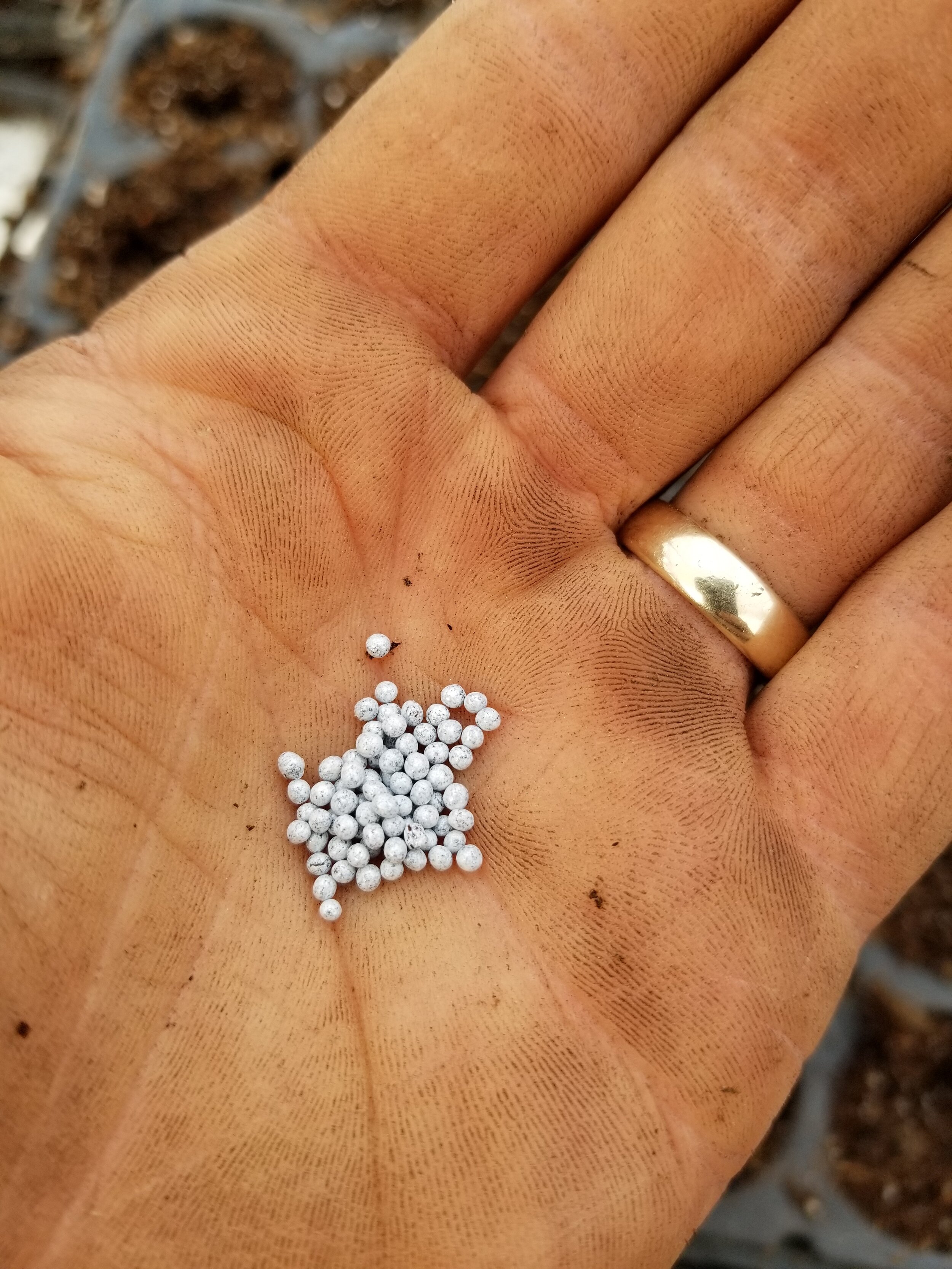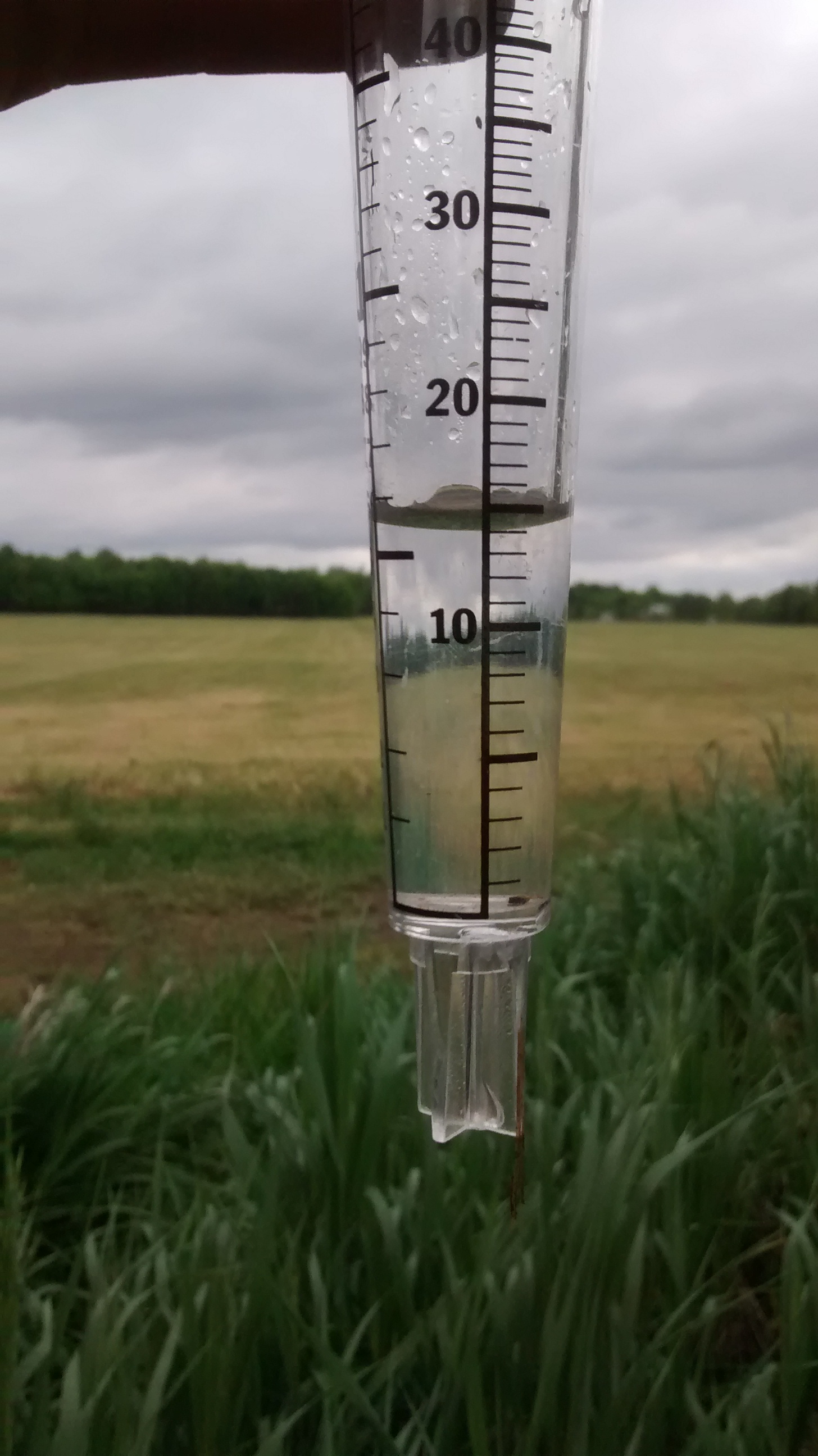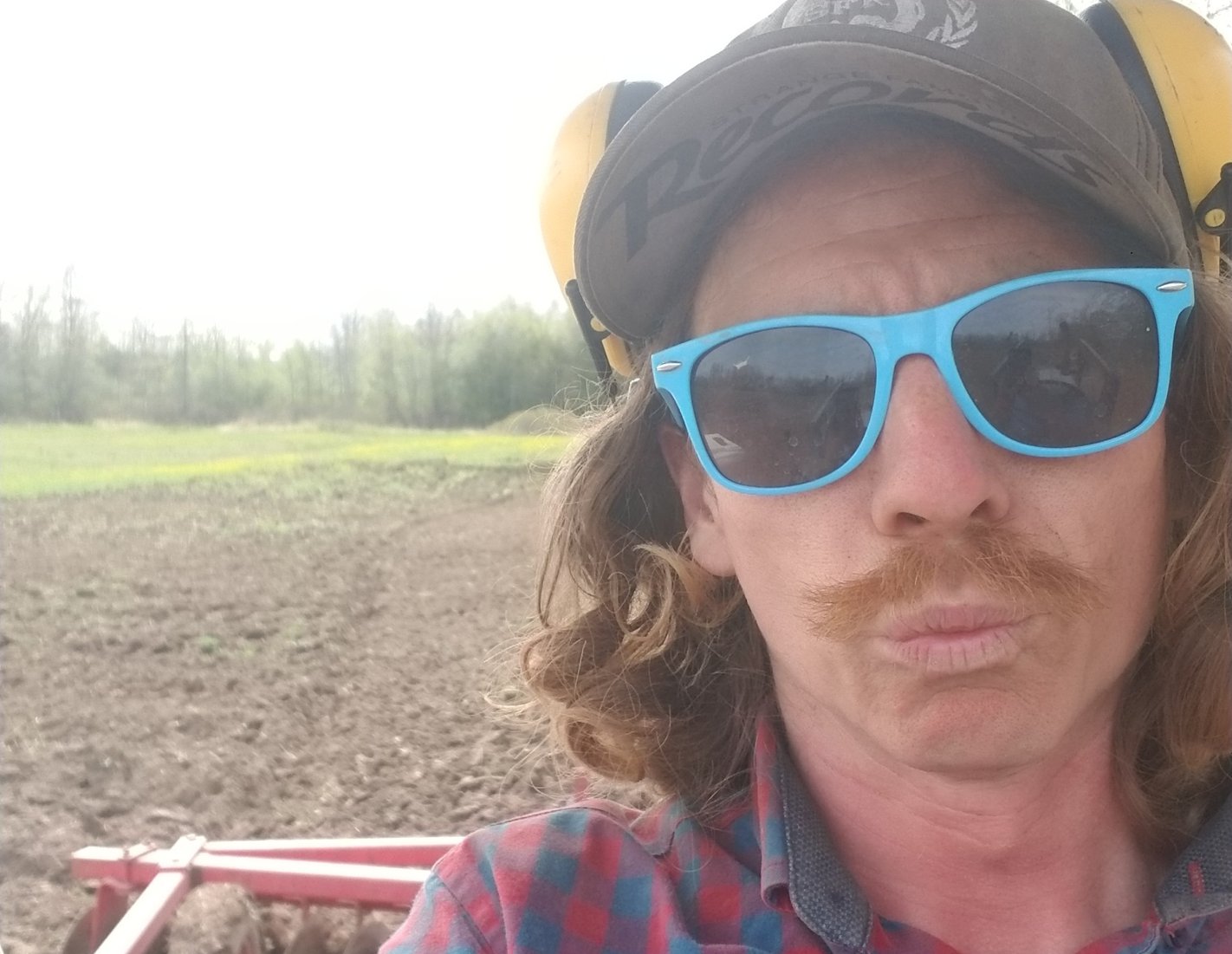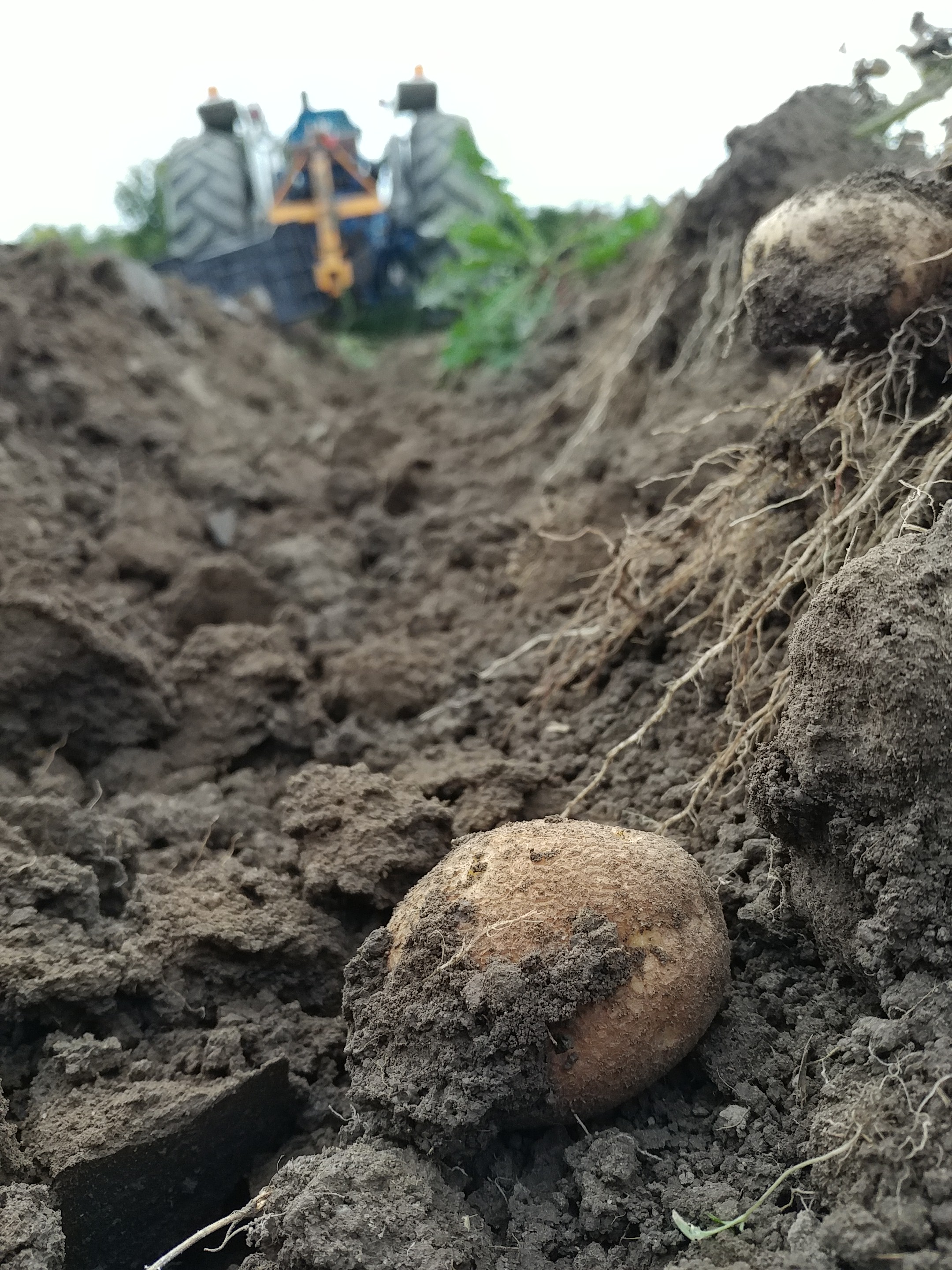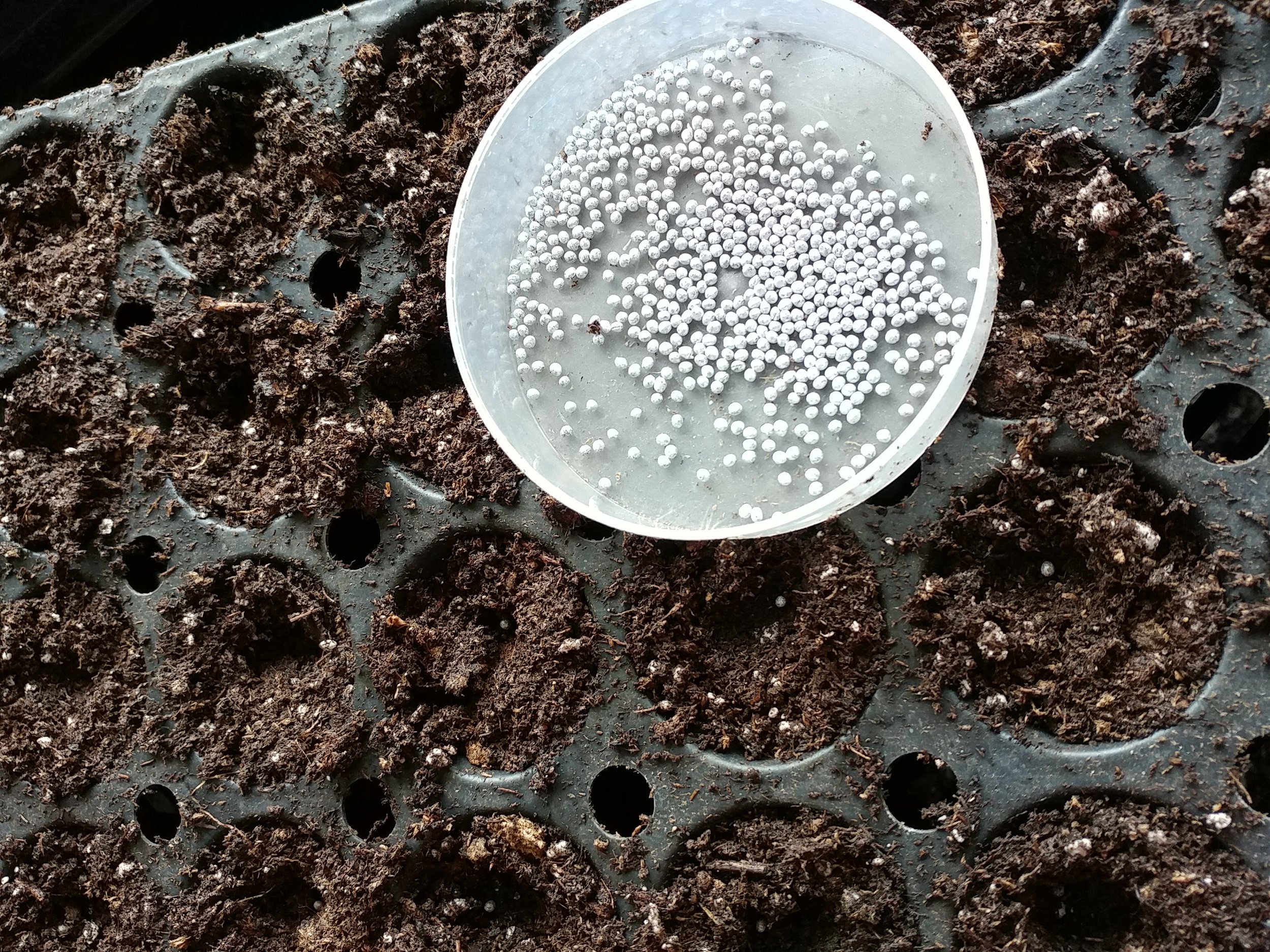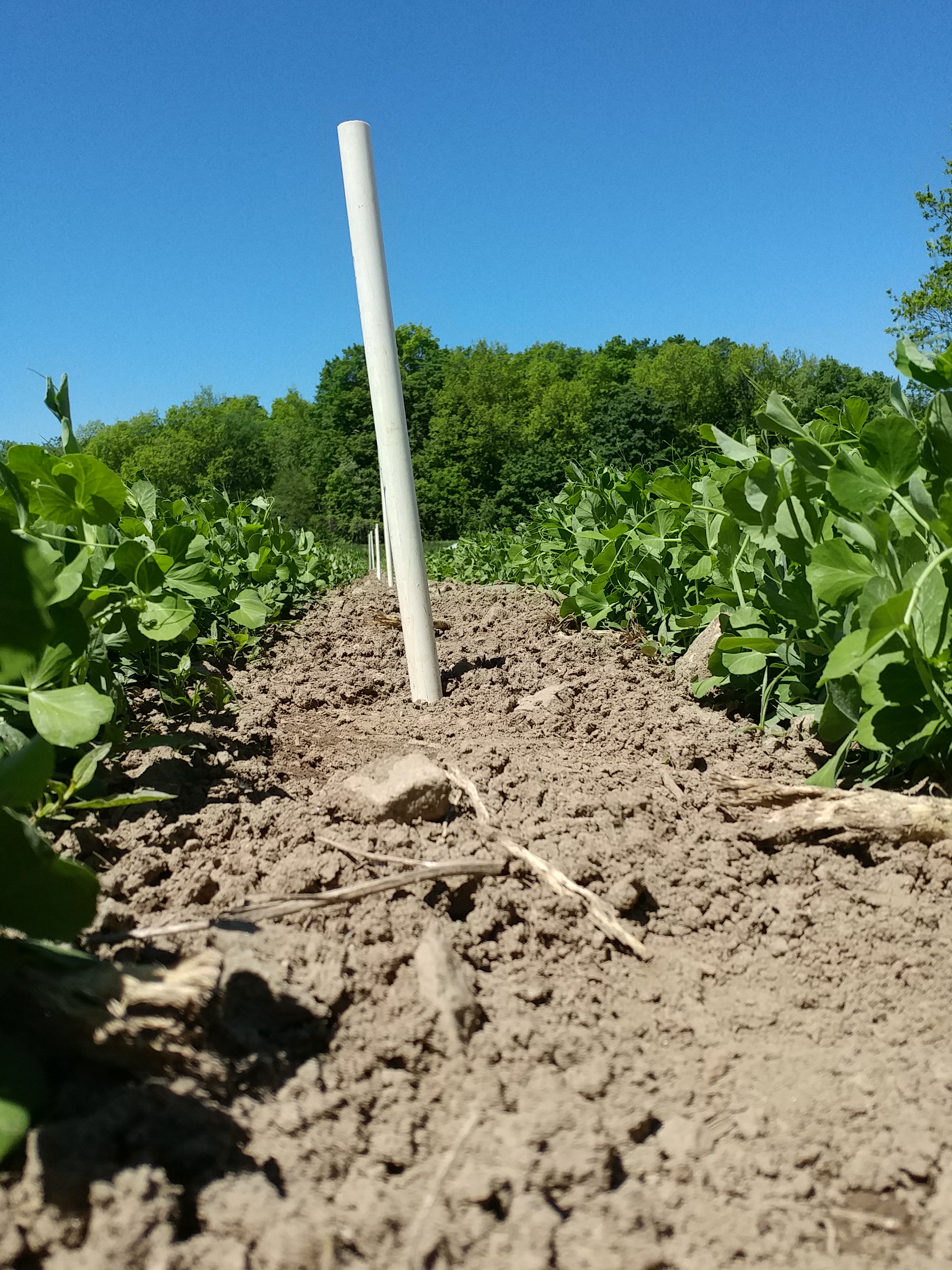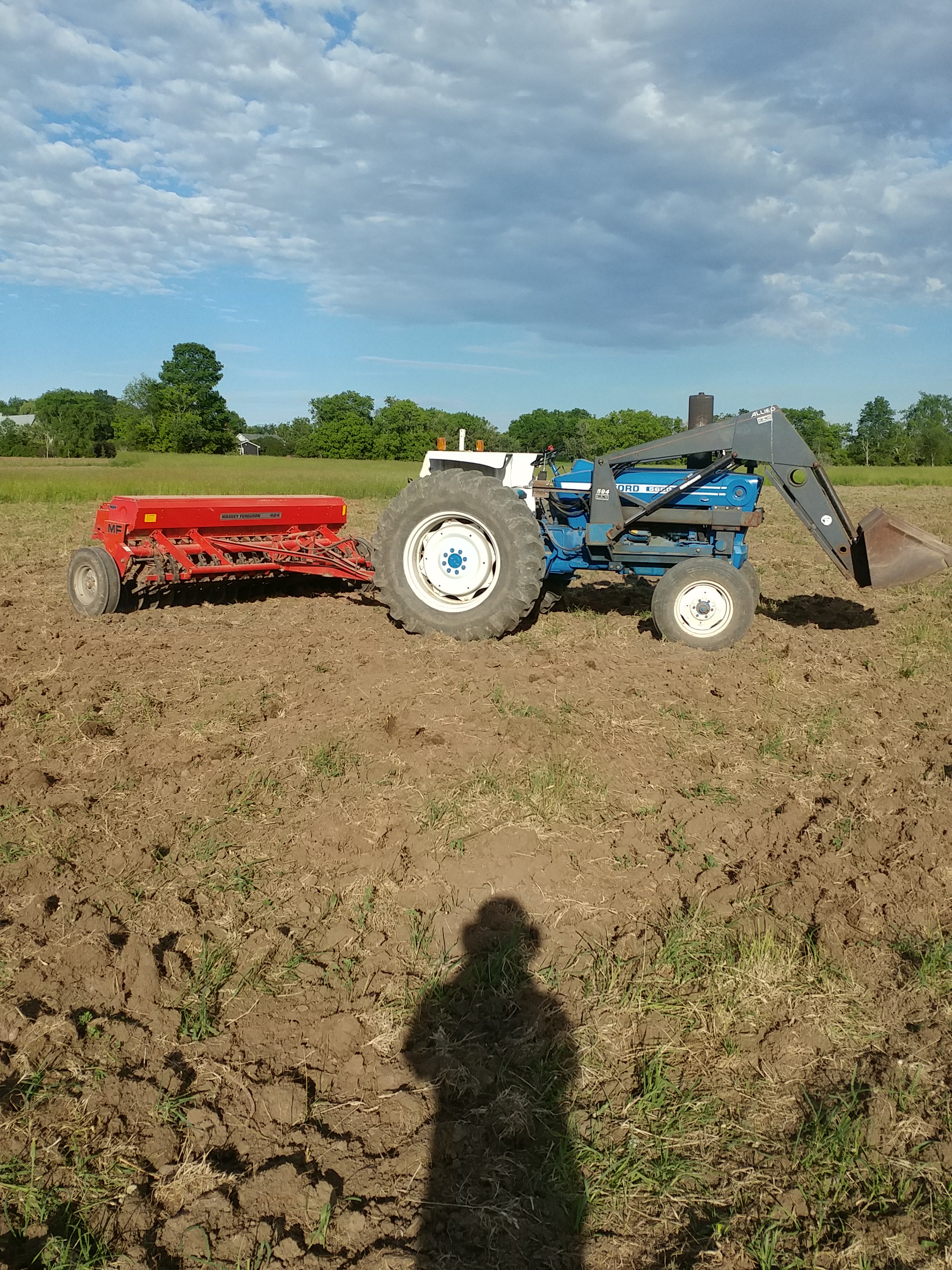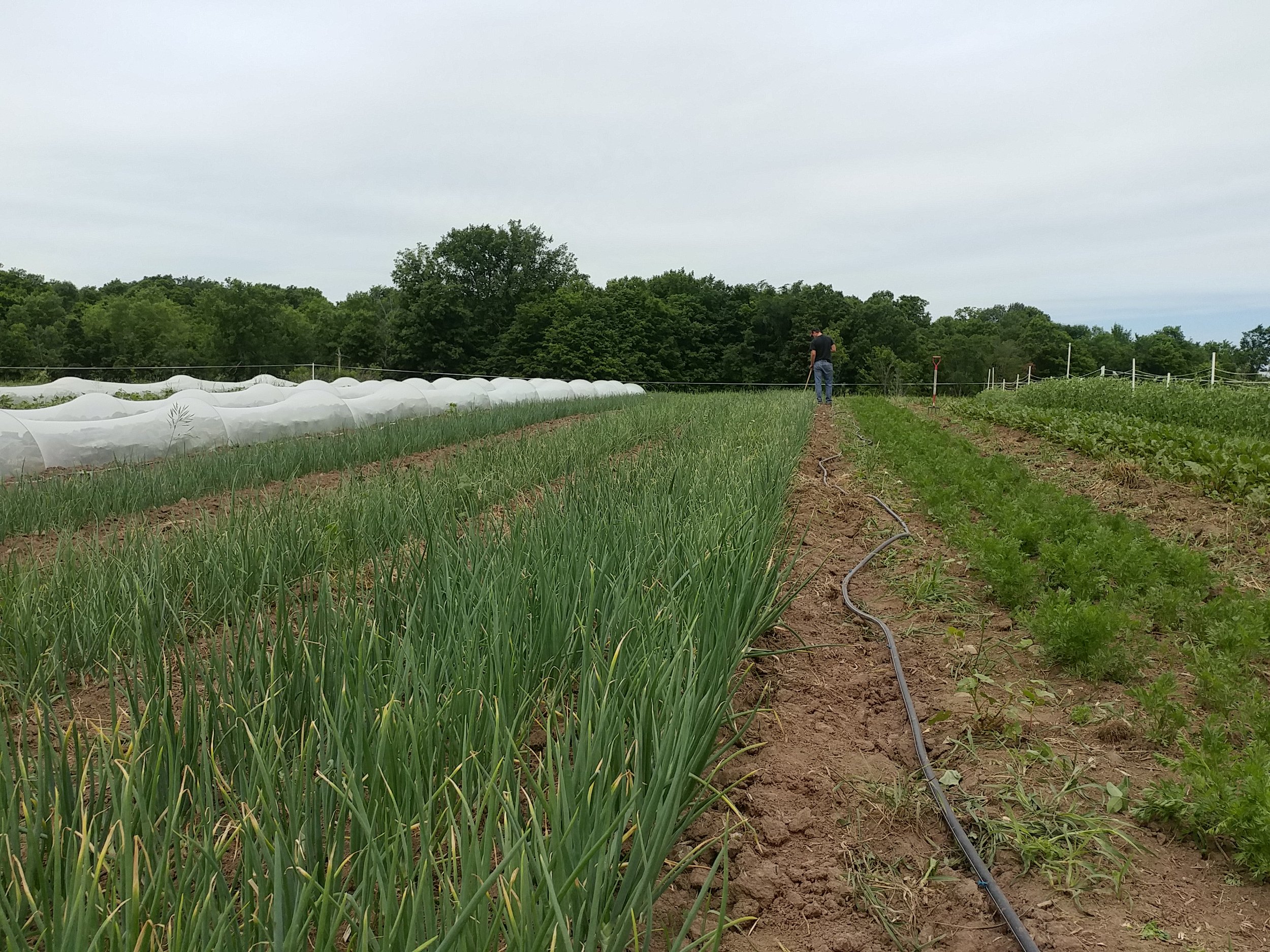How is your food grown?
Fat Chance Farmstead was certified organic until 2022 but it has been decided to continue farming as “un-certified organic” which means that we still abide by the Canadian Organic Standards but there is no annual inspection. If that’s all mumbo jumbo to you, here’s the dirt on how things grow here:
Fertility and soil amendments
The main fertilizer used is local cattle manure from regenerative farms we have a close relationship with. This is applied before planting/seeding for most crops. The other fertilizer used is fish hydrolysate (Organic Gem) a liquid fertilizer made from bottom-feeding fish that are high in trace minerals. It is mixed with plenty of water to our seedlings during transplanting. It is a very potent fertilizer that helps plants thrive.
Wherever there isn’t food growing you’ll find cover crops which are planted, grown, but then worked back into the soil as "green manure" rather than harvested. Cover crops feed all the “bio-digesters” (worms, nematodes, beetles etc…) in the soil which in turn create food (poop) that the fruit and vegetable crops can eat so that you can eat! Cover crops used are: buckwheat, rye, radish, clover, sunflowers, oats and peas. Cover crops not only add fertility to the soil but they can suppress weeds, manage pests, break up soil compaction and the list goes on!
Pest and Disease management
Pest and disease control is managed through biodiversity at the farm; by having many different varieties of plants growing together the farm is less vulnerable to pest and disease problems. If and when a certain insect population gets out of control, we’ll go into the affected area and remove the insects by hand, sometimes spending several hours over several consecutive days squashing and picking bugs until the population is small enough that it no longer affects the plants.
Irrigation and weeds
Two rather large water tanks are on site that are trickle filled by a well with a drip and overhead irrigation system plumbed in. Drip irrigation is very efficient and inexpensive as it uses very little water, applying water directly to the base of the plants, and requires minimal pressure to operate to a satisfactory level. When plants are in the early stages of growth, in the absence of rain, small spray emitters are used to keep the soil and seeds/seedlings moist. Larger overhead irrigation is also used to ensure that the plants get the water they need. After being very dependent on rain water for the first few years I know there is no guarantee and so you better have a back up plan. Now I always irrigate after planting and if it rains, bonus!
There are four types of weed control at Fat Chance Farmstead. The first two are mulches: straw, and plastic ‘ground cover’. Both are laid directly on the soil, acting as a barrier to weeds with the added benefits of warming the soil to promote growth, and retaining moisture underneath. The ‘ground cover’ is not what you often see on farms as more common is a single use plastic film. Ground cover is a bit harder to work with and more expensive, the real benefit though is that it can be reused for upto 10 years! The third and most popular form of weed management is removal, either by hand with one of our many weeding tools or with the tractor. As farmers continue to use herbicides to kill off unwanted weeds, those weeds slowly get used to the chemicals requiring more potent and different concoctions. Luckily, weeds have yet found a way to ‘adapt’ to steel. Our fourth method is a much more laid back approach in which we accept some of the weeds that are there. You’ll never get them all, and there will always be more. Anytime you’d like to see weeding in action you are welcome to come out and help!
Seeds
The bulk of our vegetable seeds are purchased from High Mowing with any remaining seeds coming from: Kitchen Table Seed House(local seed company), Johnnys, and William Dam. We source organic seed whenever possible to encourage the growth and well roundedness of the entire organic farming sector. We take this very seriously and want to put our money where our mouth is. That's why over 95% of the seeds we buy each year are certified organic.
The seeds planted for cover cropping (scroll up to read more) is both grown on the farm and come from a variety of seed producers.
We currently save seed for wheat, rye, oats and garlic. This allows us to be more self-sufficient while beginning to adapt the varieties that we grow to our region.





